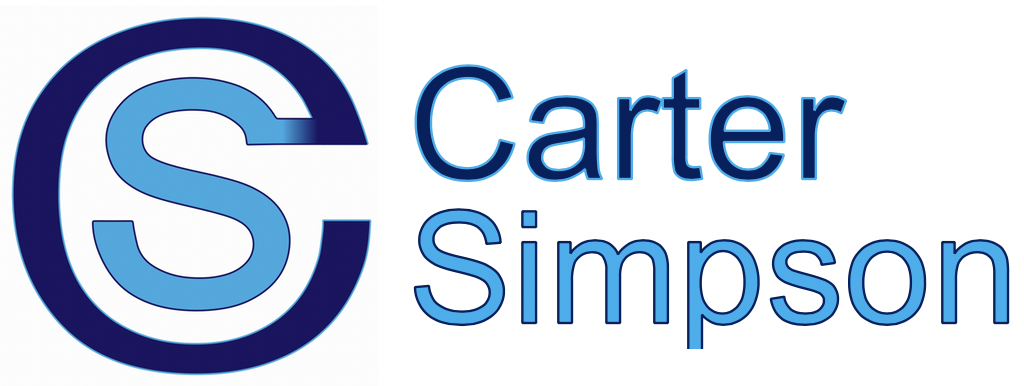Understanding Judicial Settlement Conferences
*This is the eighth post in our series, The Life of a Personal Injury Case…. From accident to settlement or trial.
If you and your lawyer are considering a Judicial Settlement Conference ("JSC") in your case, you may have questions about what is involved in the process. In a nutshell, a JSC is a structured, judge-led settlement meeting designed to help resolve your personal injury claim without the need for a trial.
What is a Judicial Settlement Conference?
A JSC is a voluntary and confidential process where the parties agree to meet with a judge from the Nova Scotia Supreme Court in an effort to settle the case. While it’s like mediation, the key difference is that a judge facilitates the discussions. Hearing a judge’s thoughts on your case is extremely valuable. The Judge can offer their insights, including their assessment of the strengths and weaknesses of each side’s case in order to help guide the parties toward a mutually acceptable resolution.
In Nova Scotia, once both parties consent to participate in a JSC, their lawyers request a date from the Court and begin preparing the necessary materials.
Preparing for the Judicial Settlement Conference
Before the conference, your lawyer will prepare a settlement Brief that outlines the key facts of your case, the legal issues involved, any negotiation history, and your position on settlement. Supporting documents, such as medical records, financial statements, photographs, or videos, are submitted along with the brief to help the judge understand your claim.
The defendant’s legal team will file their own Brief setting out their view of the case and their position on settlement.
Types of Judicial Settlement Conferences
Under the Nova Scotia Civil Procedure Rules, there are two types of JSCs:
a) Ordinary Settlement Conference: This is the more common type of JSC and the focus of this post. It involves private discussions with the judge but no formal testimony.
b) Trial-Like Settlement Conference: This type of JSC is less common. It is a more formal process that includes witness testimony and additional legal submissions from both sides. The judge can ask questions of the witnesses.
Your lawyer will advise which format is being used in your case.
The Judicial Settlement Conference Process
Most JSCs take place in person at the courthouse. You should dress in a way that shows respect for the court, the judge, and the legal process. We recommend wearing something you might choose for a church service or a job interview. When you arrive at the Court, you'll pass through security and check in to receive a visitor’s pass. Court staff will guide you and your lawyer to a boardroom.
Once everyone is present, the judge enters the room and all parties stand as a sign of respect. The judge begins with opening remarks that explain the purpose and structure of the day. After that, the parties are separated into private rooms, and the judge moves between them to discuss the case and legal issues, convey settlement offers, and provide their perspective. The judge may have questions for you about your injuries, work history etc.
While the judge doesn’t decide the outcome, their comments can clarify the strengths and weaknesses of each side’s case. This can often lead to practical, negotiated solutions that work for everyone.
Participation in the JSC is voluntary, and you can walk away from the process at any time. However, once you agree to attend, you are expected to negotiate in good faith. In rare cases, if a party shows up unprepared or refuses to engage meaningfully, the judge can award costs against them.
Virtual Judicial Settlement Conferences
Some JSCs take place online using Microsoft Teams. In those cases, your lawyer may ask you to join the conference from their office, or you may participate from your own device in a secure breakout room with your lawyer. The same rules apply -- everything is confidential, and you’ll be asked to confirm you will not record or share any part of the proceedings.
Confidentiality Matters
Everything discussed during a JSC is completely off the record. The settlement Briefs and evidence filed are not included in the public court file. If the case doesn’t resolve, these documents are destroyed. Importantly, the judge who conducts your JSC cannot be the judge for your trial, if your case moves forward.
Is a Judicial Settlement Conference Right for You?
Judicial Settlement Conferences offer a number of benefits. They give you the chance to resolve your claim privately, with the help of a judge, and without the stress and cost of a full trial. They also allow for more flexible, creative solutions than what a court might order. JSCs can be booked more quickly than a full trial, allowing for a faster resolution of your case. The confidentiality of the process allows you to speak openly and explore options that might not be possible in a public courtroom. Finally, and perhaps most valuably, you gain the benefit of a judge's perspective without the expense and risk of going to trial.
Overall, a JSC can be a valuable opportunity to resolve your personal injury claim in a collaborative, cost-effective manner. If you have questions about JSCs or other settlement options, don’t hesitate to contact Carter Simpson. Understanding your options is key to making informed decisions about your case.
Carter Simpson provides this article for informational purposes only. It does not constitute legal advice. Please consult our firm to discuss your specific circumstances before taking any action based on this content. We disclaim all liability for actions taken based on this material.
